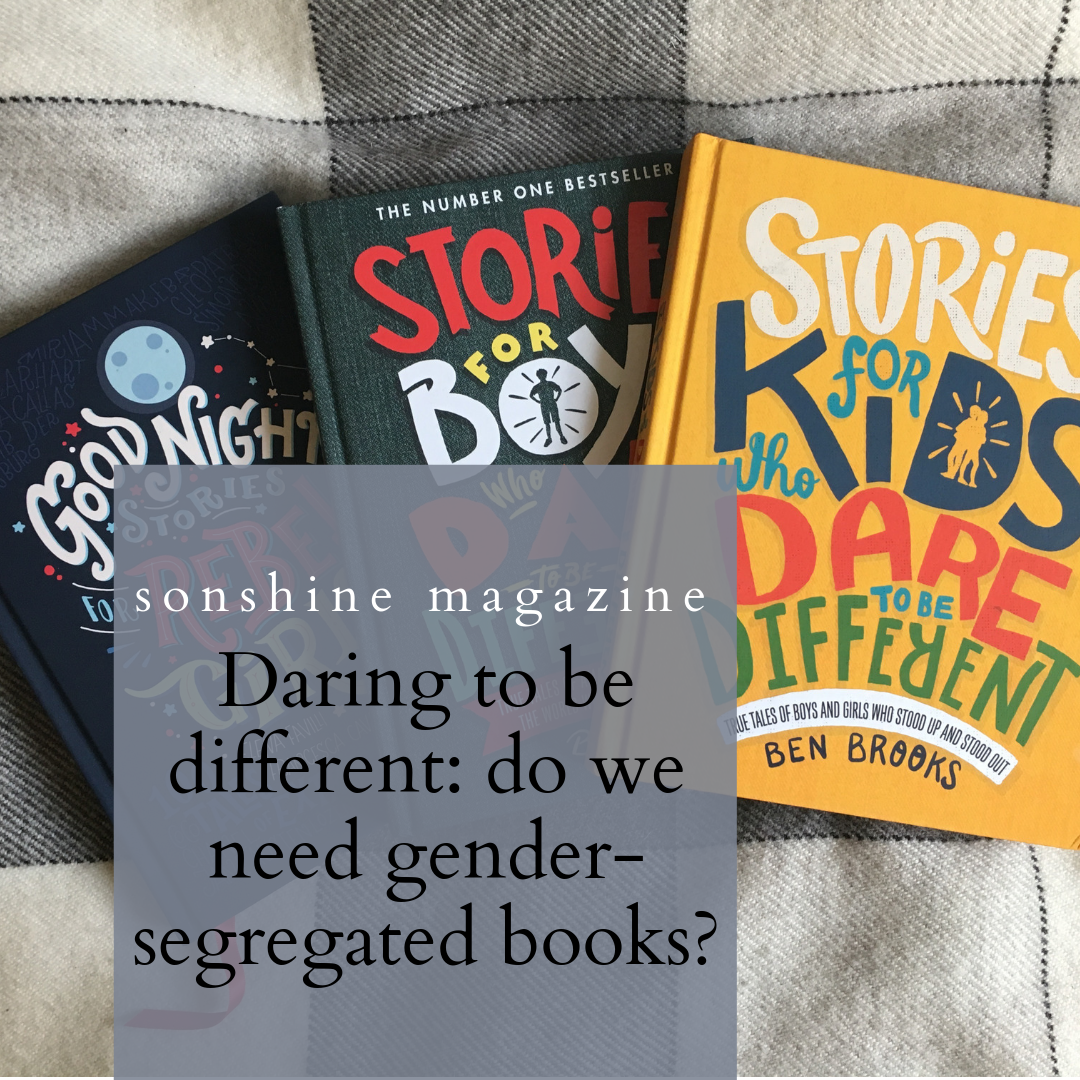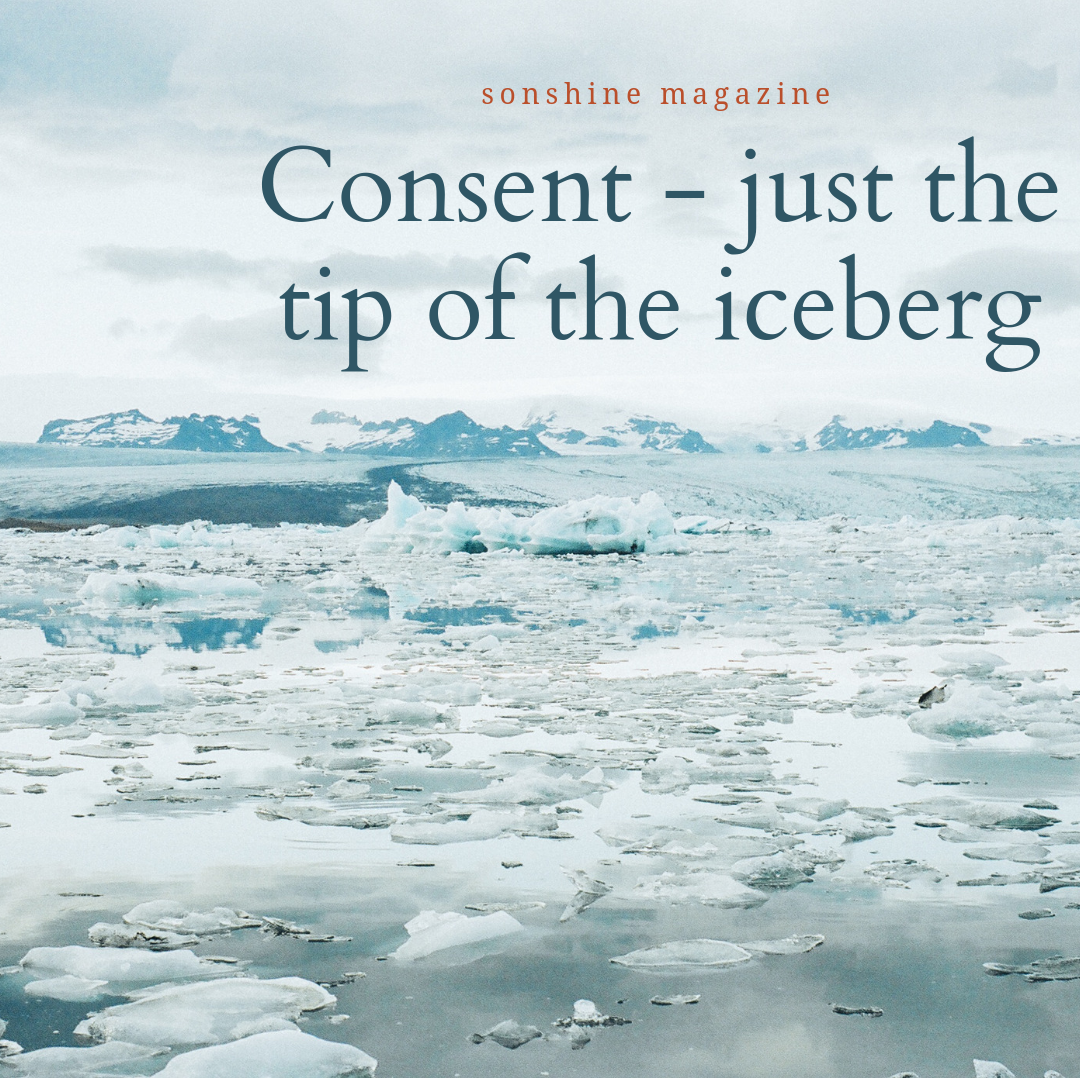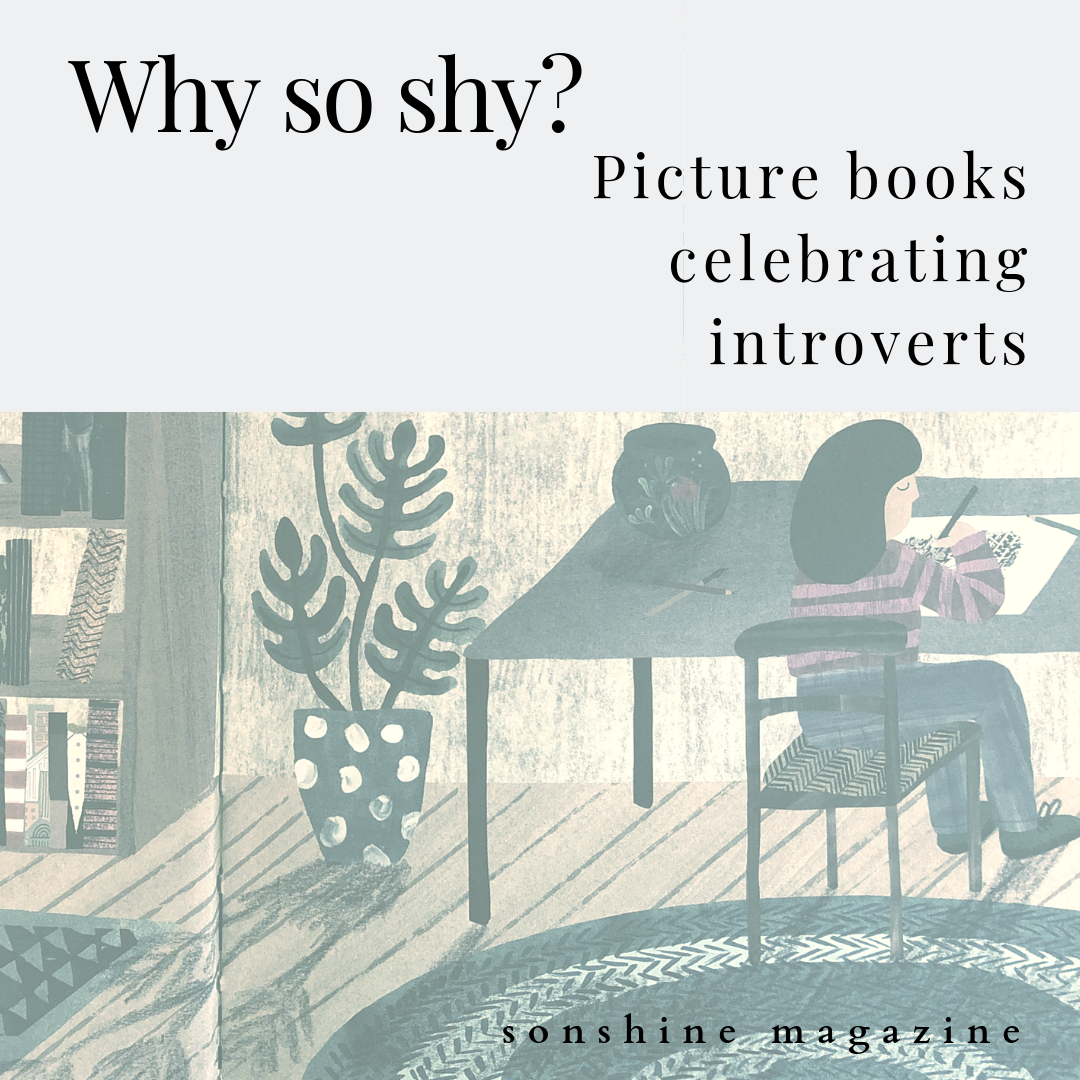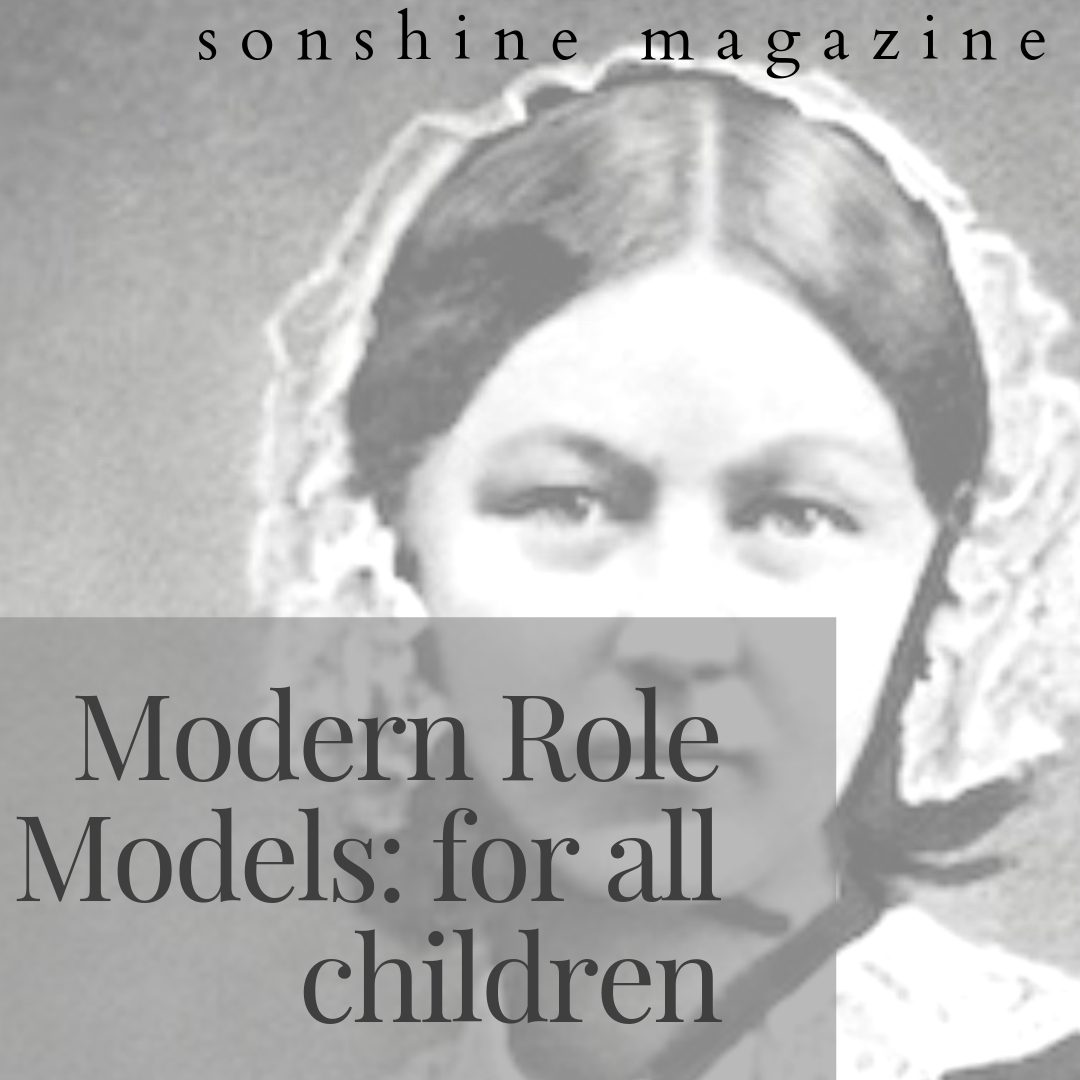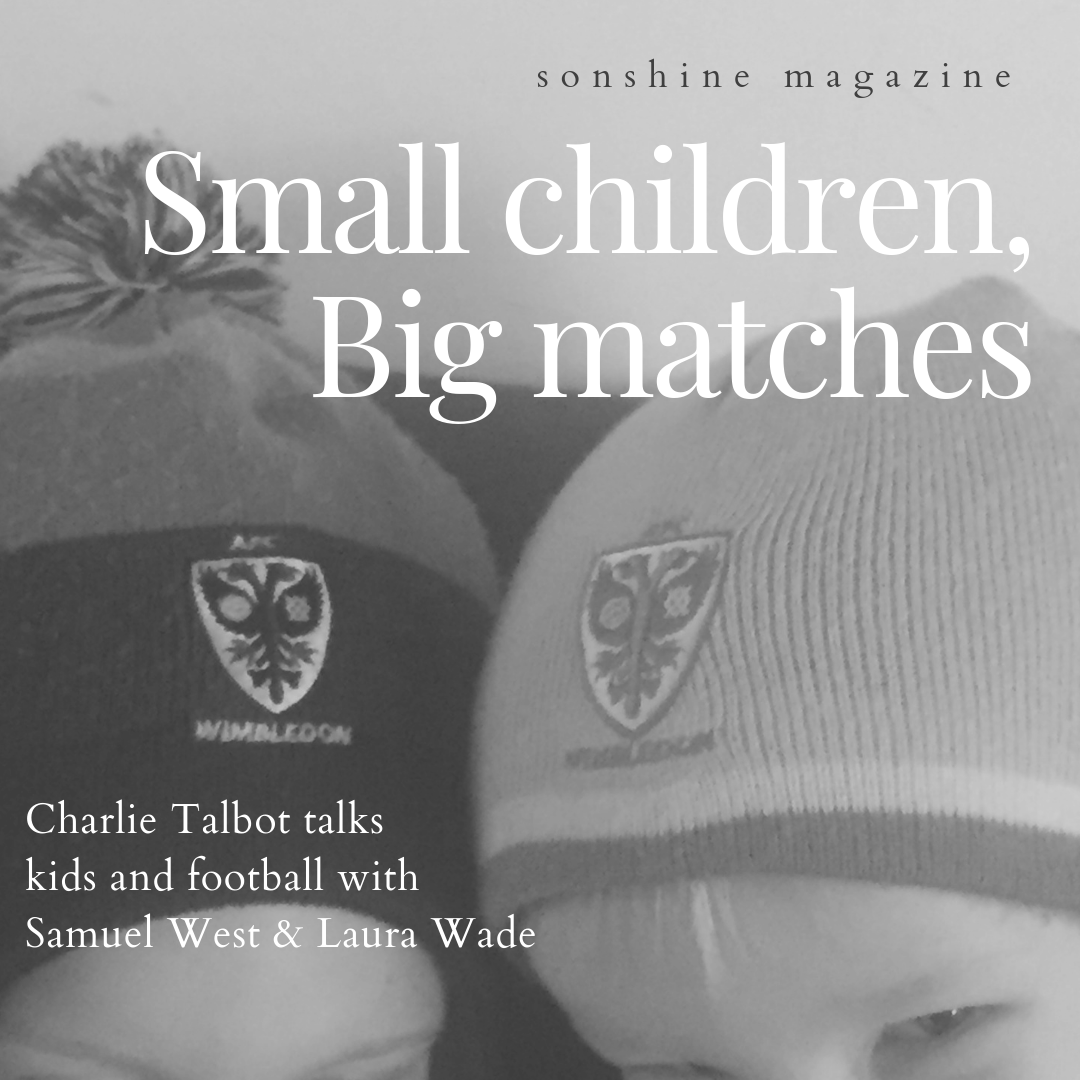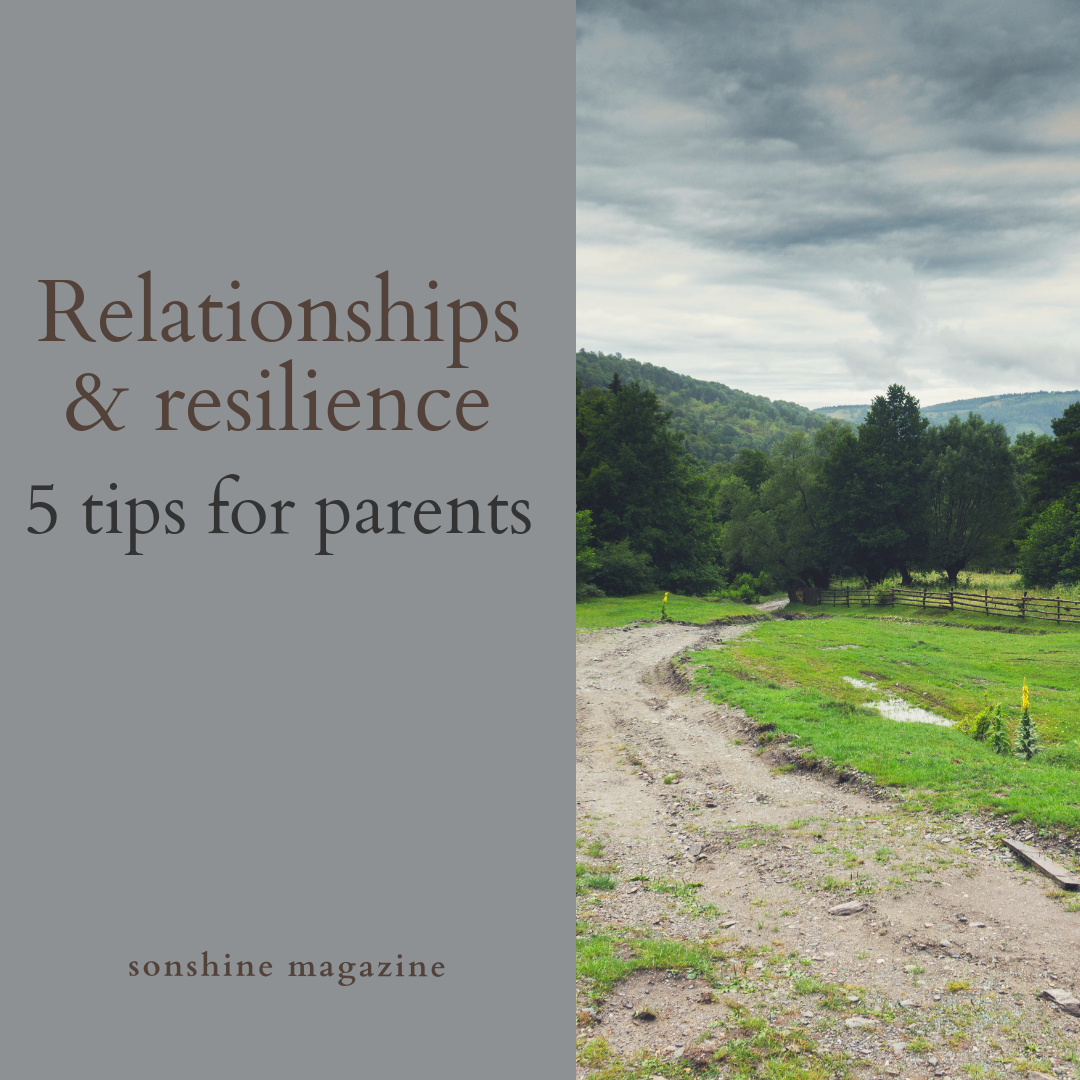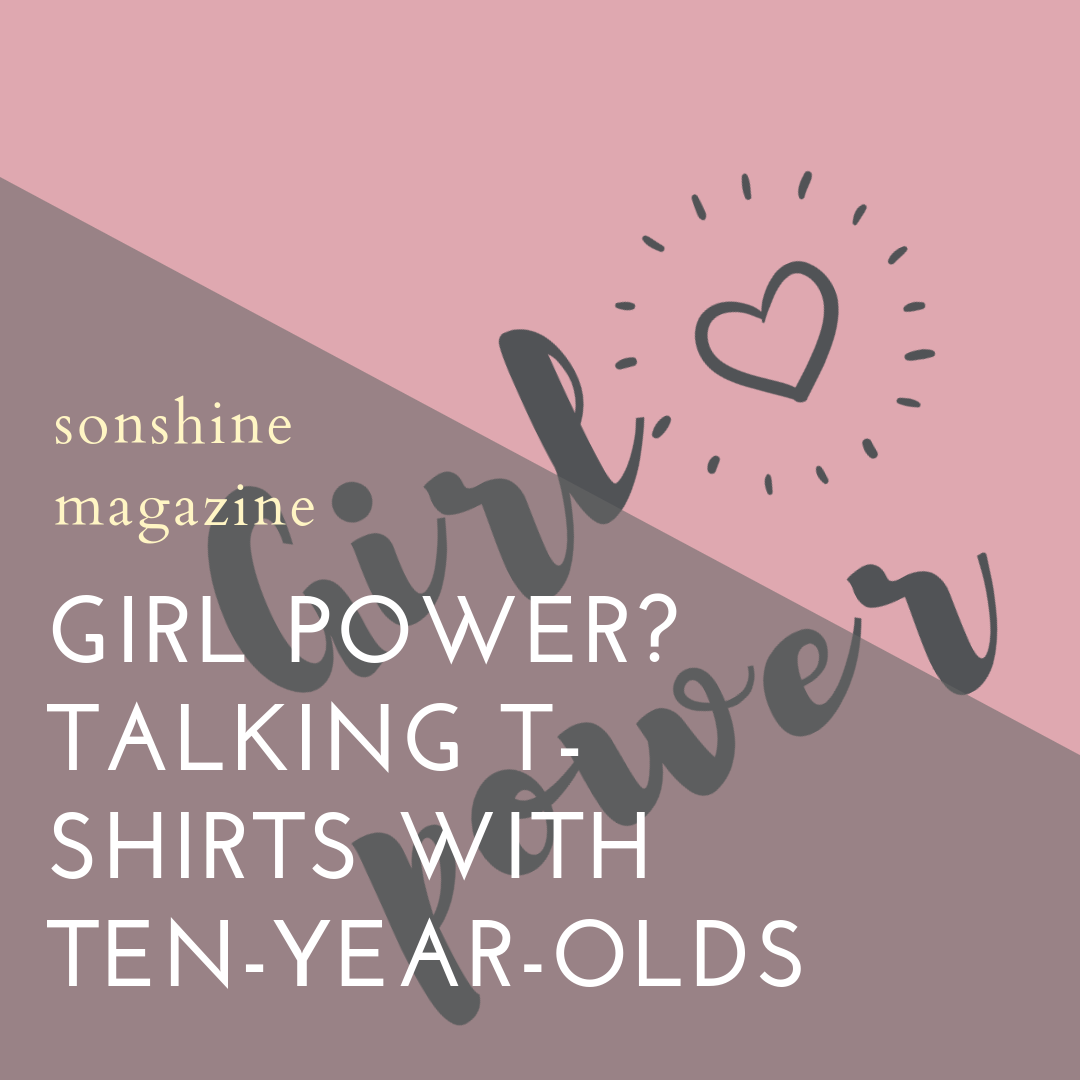Why So Shy? Books celebrating Introverts
We live in a society that often prioritises the personality traits of extroverts, from the group dynamics of nursery, right up to the social pressures of teenage life, not to mention the open-plan office! Illustrator Lucy Noakes picks her best picture books for acknowledging and encouraging the power of the quiet child.
Quiet children can often be referred to as shy. But what is shyness? And how does shyness differ from introversion, if at all? Shyness or social anxiety is a fear of judgement triggered by social situations such as a party, work meeting or even catching up with someone over coffee. This can affect anybody, at any age and it can be managed with the right help. Being an introvert, extrovert (or the middle ambivert), however, is very much part of who we are. One personality type excels when they are able to think deeply in a calm environment, the other flourishes in a socially stimulating environment.
It took me until my thirties to recognise that there is a significant difference between my introversion and social anxiety. This understanding has seen a dramatic shift in my wellbeing and it has increased my once very tiny appetite to embrace my fears.
‘Quietness’ can be a powerful quality. You are able to absorb your surroundings, listen and think deeply when you are quiet. But it took me a long time to see it that way.
Picture books have the power to introduce important ideas to help children understand and navigate the world. For the children who feel different for preferring to draw in the corner than being the centre of the party, the following picture books are for you.
Me and My Fear
by Francesca Sanna
A girl introduces us to her secret tiny friend Fear, a loveable marshmallow-like character that protects her from universal dangers and harm, like monsters under the bed and great heights. But after moving countries and finding herself in an unfamiliar school and neighbourhood, Fear keeps growing and starts guarding her against other dangers: the judgement of others. This cushiony giant literally blocks her from engaging with her peers, family and new environment. She can’t see the glances of friendly curiosity from fellow classmates and instead listens to Fear, who asserts that no one likes her.
But this is a tale of persistence. We see our hero try with all her strength to get past Fear and we rejoice at the approach of a young boy who shows her that even though they were born miles apart, they share some common ground. They both like to play and draw - and what’s more, he has a Fear of his own too. It’s so important to know that even people who appear comfortable, brave and strong have their own fears.
This beautifully illustrated book teaches children that everyone has fears which grow or shrink depending on our situations and what affects us. The trick is to know that we aren’t alone. Depicting fear as something soft rather than something scary or ghoulish is a useful and unexpected framing of fear. Fear isn’t a monster who wants to break you down. Fear is an important part of you but don’t let them big bigger than you. Giant fears can be overcome.
A River
by Marc Martin
In A River we see a young girl looking out of her bedroom window, observing the river that flows outside it. Armed with a small silver boat with a single sail, she embarks on an adventure. ‘Where will it take me?’ she asks, before drifting forward through the day and night, past built up cities and animal-filled jungles.
Along the way she observes colourful shoals of fish, navigates choppy waters and tumbles down waterfalls, taking each new experience in her stride and all on our own. For this child, alone time feeds her imagination and creativity. Time by herself is not her hiding from the world, it’s her exploring it.
Spend the time to look at the endpapers in this book, which shows the girl’s bedroom at day and night. Her natural world collections, ‘wild and wonderful’ books and prints all point to an inner-explorer. Introverts can be brave, risk-takers. They can see the whole world if they want to.
The Crocodile Who Didn’t Like Water
by Gemma Merino
This book tells the importance of self-discovery. We meet a family of crocodiles who all enjoy spending time at swim club, that is, all apart from one. Desperate to join his brothers and sisters, this little crocodile keeps testing the water, one toe and jump at a time. He finds the water cold, wet and swimming difficult and unnatural.
But then something extraordinary happens. He sneezes. And discovers that he isn’t a crocodile at all.
He’s a dragon! And dragons weren’t born to swim, they are born to breathe fire and fly. But this doesn’t mean that he’s no longer part of his family. This dragon can now show his brothers and sisters what the world looks like from the sky. We see that friendships and families should embrace differences as well as similarities.
This book reminds me of Einstein’s words, ‘Everybody is a genius. But if you judge a fish by its ability to climb a tree, it will live its whole life believing that it is stupid.’ Once an individual knows their strengths and understands their ideal environment, they can do anything. You may be a brilliant listener or a good sharer. You may write beautifully or perform stories under the spotlight. What is important is that you don’t waste time being anyone else but you.
Lucy Noakes is an illustrator and children’s picture book hoarder, living in East London. Find her on Instagram @lucy_noakes or at www.lucynoakes.com








